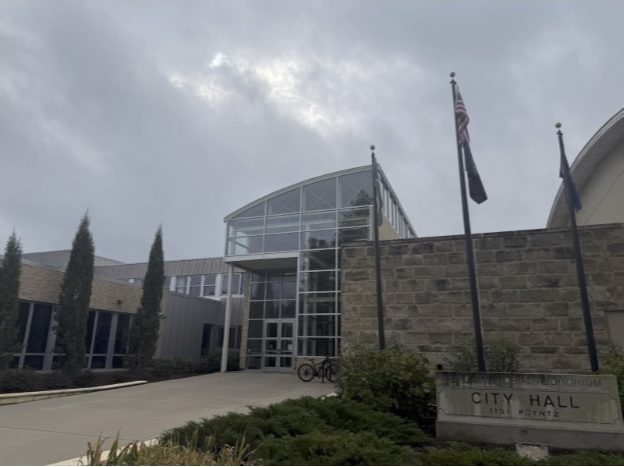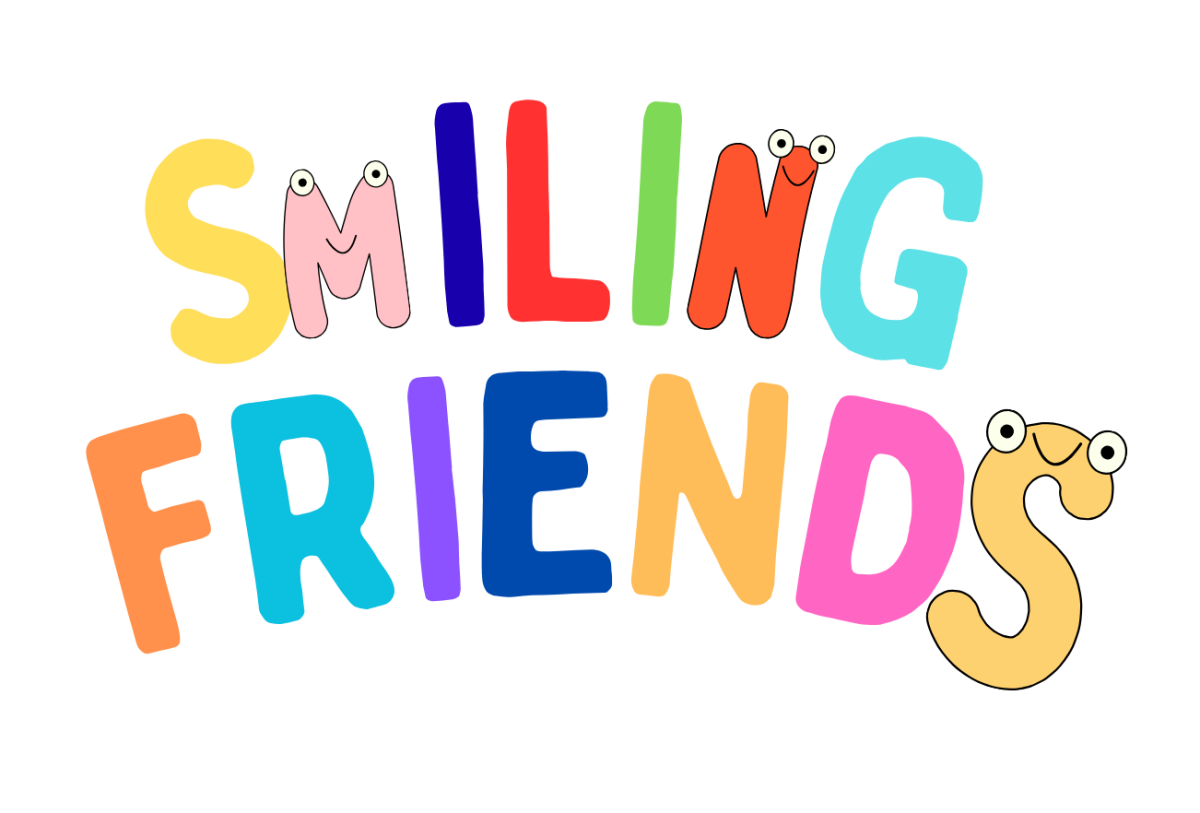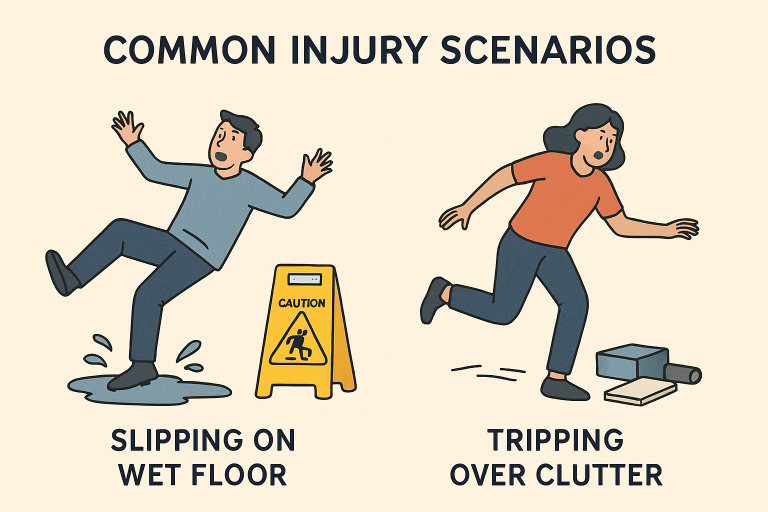Expertise in early learning environments is crucial for those dedicated to the development and education of young children. Enhancing this expertise involves a combination of formal education, ongoing professional development, practical experience, and the cultivation of mentorship relationships. This article explores actionable steps that professionals in the field can take to deepen their knowledge and improve their skills in creating supportive, engaging, and educational settings for children.
From the foundational steps of acquiring the right academic qualifications to engaging with the latest industry trends, we explore practical and impactful strategies. Whether you are just beginning your career or looking to deepen your existing knowledge, the insights shared here aim to equip you with the tools needed to make a lasting impact in the lives of young learners. Let’s explore the domain of early childhood education, where every step forward is a step toward better educational outcomes for children.
Hands-On Experience
While theoretical knowledge is vital, real mastery in early childhood education often comes from hands-on experience. Engaging directly with children in learning settings allows educators to apply their knowledge, observe the outcomes, and refine their approaches based on real-world feedback. Practical experience can be gained through internships, volunteering, or on-the-job training in schools and daycare centers.
This experiential learning is invaluable as it helps educators develop a nuanced understanding of individual learner needs. It also offers insights into the dynamics of classroom management and the effective implementation of educational theories. Such direct involvement ensures that educators are well-prepared to create and sustain an enriching learning environment.
Starting with Solid Foundations
A solid academic foundation is essential for anyone looking to excel in early childhood education. Pursuing a bachelors in early childhood education is a fundamental step, equipping professionals with the necessary theoretical knowledge and understanding of child development principles. This degree not only covers the basics of child psychology and educational techniques but also prepares educators to handle various classroom situations effectively.
However, the learning doesn’t stop at undergraduate studies. Complementary certifications, such as those in special education or child psychology, can further enhance an educator’s ability to cater to diverse learning needs. These qualifications ensure that professionals are not only equipped with general teaching skills but also with specialized knowledge that can make a significant difference in early learning environments.
Mentorship and Collaboration
Mentorship is another critical element in the professional growth of early childhood educators. Experienced mentors can provide guidance, support, and insight that enhance the learning curve for less experienced teachers. Finding a mentor within the field can be as simple as reaching out to respected colleagues or participating in mentorship programs offered by professional associations.
Collaboration with peers is equally important. By sharing experiences and strategies, educators can learn from each other’s successes and challenges. Collaborative environments also foster creativity and innovation, leading to more effective educational practices and enhanced learning outcomes for children.
Incorporating Technology in Early Learning
Technology plays an increasingly significant role in education, and early learning environments are no exception. Educators need to be adept at integrating technological tools that enhance learning experiences for young children. This can include anything from interactive educational apps to digital storytelling tools and virtual reality experiences that stimulate learning through engagement.
Understanding how to effectively use technology involves training and practice. Professionals need to seek out resources that can help them incorporate tech solutions in a way that is age-appropriate and educationally beneficial. By doing so, they can make the learning process more dynamic and accessible to all children.
Understanding and Supporting Diversity
In early childhood education, understanding and supporting diversity is crucial. Educators must be equipped to meet the varied needs of children from different cultural, socio-economic, and developmental backgrounds. This requires a deep understanding of the principles of inclusive education and the implementation of strategies that cater to diverse learning styles and abilities. By undertaking specialized training in diversity and inclusion, educators can learn to create environments where all children feel valued and are given equal opportunities to succeed.
Effective strategies might include using culturally relevant materials, ensuring accessibility for children with disabilities, and developing curricula that reflect a broad spectrum of experiences. This approach not only enriches the learning environment but also helps to build empathy and social skills among young learners.
Engaging with Parents and Communities
Building strong relationships with parents and communities is vital for enhancing the impact of early learning environments. Parents are children’s first teachers, and their involvement can significantly influence educational outcomes. Early childhood educators should strive to engage parents through regular communication, workshops, and school events that encourage parental involvement in their children’s education.
Community engagement is equally important. By partnering with local businesses, libraries, and cultural institutions, educators can create enriching experiences outside the classroom. These partnerships can provide resources and learning opportunities that might otherwise be unavailable and can significantly enhance the educational experience for children.
Staying Informed About Industry Trends and Research
To remain effective, early childhood educators must stay informed about the latest industry trends and research. This ongoing learning can come from reading peer-reviewed journals, attending academic conferences, and participating in professional networks. Such activities not only provide insights into new educational theories and methodologies but also offer practical applications that can be integrated into the classroom.
Staying current with research ensures that educators are using the best practices and methodologies proven to be effective. This commitment to excellence helps educators continually improve their teaching and better support their students’ development.
Conclusion
Enhancing expertise in early learning environments is a multifaceted endeavor that requires a commitment to education, hands-on experience, and a proactive approach to professional development. By pursuing advanced academic qualifications, engaging in continuous professional development, gaining practical experience, embracing mentorship and collaboration, and staying updated with industry trends, educators can significantly enhance their effectiveness.
Additionally, incorporating technology wisely, understanding and supporting diversity, and actively engaging with parents and communities are essential strategies for creating dynamic and inclusive early learning environments. These efforts not only benefit educators by expanding their skills and knowledge but also greatly enrich the educational experiences of the children they teach.




























































































































